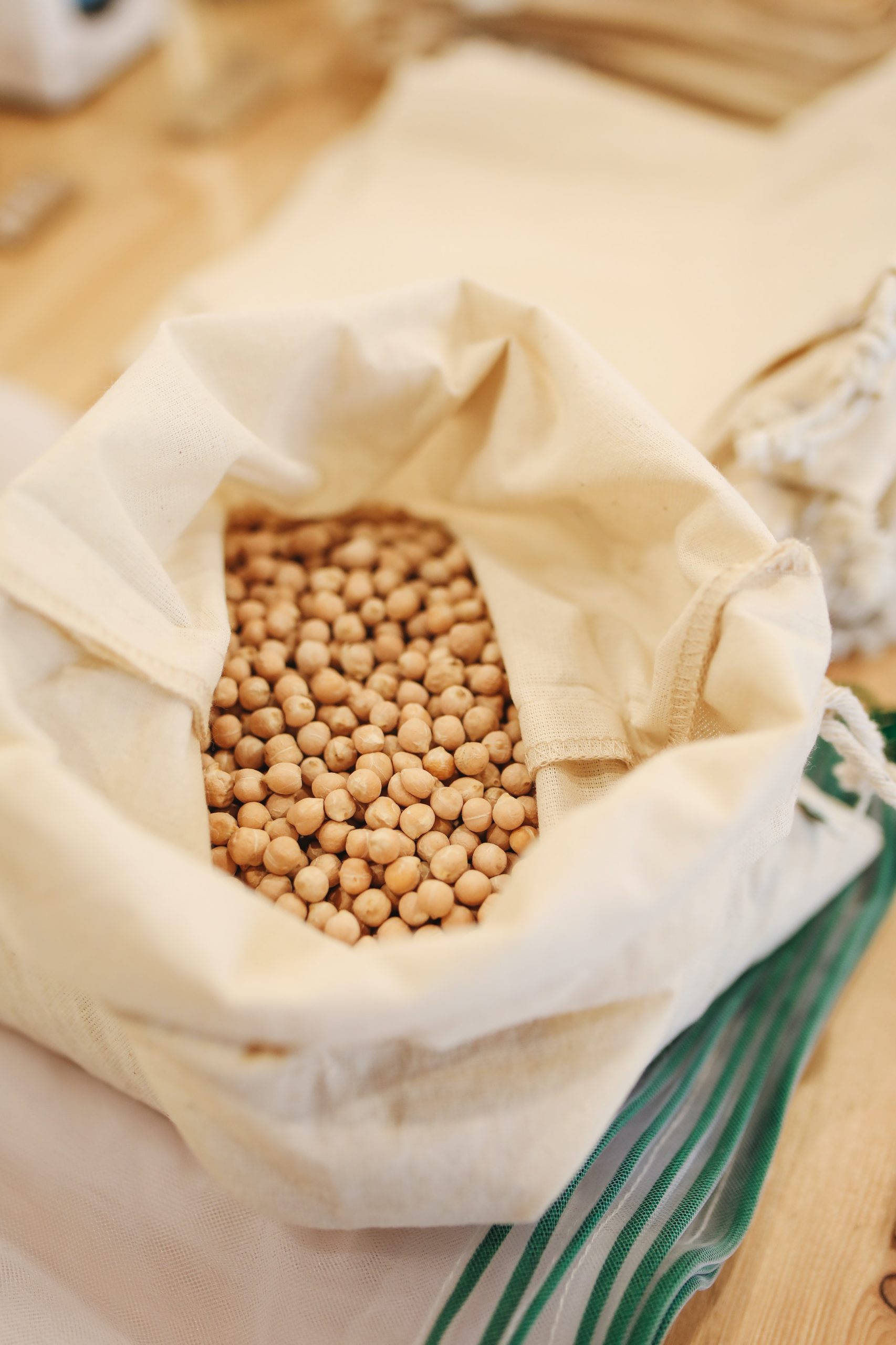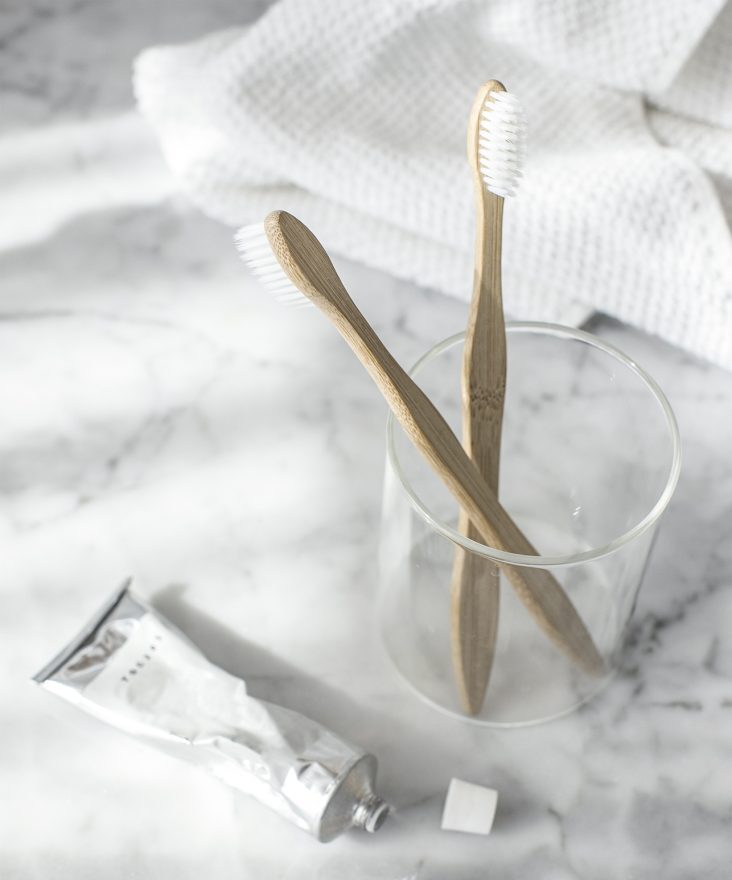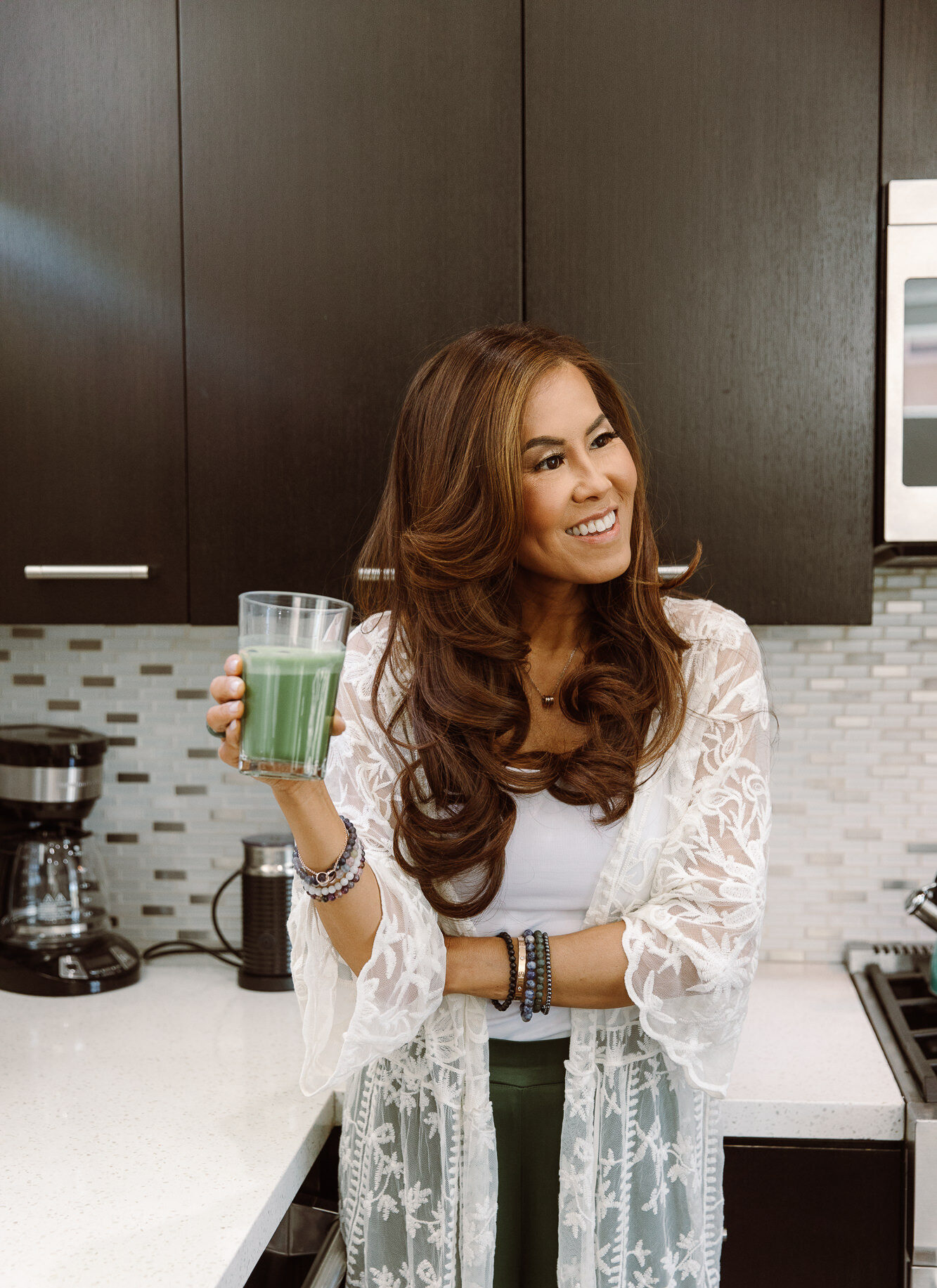Read the full article here.
Non-alcoholic fatty liver disease (NAFLD) is one of the most common causes of liver disease in the United States. It’s a condition in which excess fat is stored in the liver, and can lead to cirrhosis and liver failure if left untreated. NAFLD is more common in people who are living with certain conditions like obesity and type 2 diabetes — and unlike alcohol-related liver disease, NAFLD is not caused by heavy alcohol use.
In a healthy body, the liver removes toxins and produces bile, a protein that breaks down fat into fatty acids so that they can be digested. Fatty liver disease damages the liver and prevents it from working as well as it should, but lifestyle changes can prevent it from getting worse.
The first line of treatment for NAFLD is weight loss, through a combination of calorie reduction, exercise, and healthy eating.
In general, the diet for fatty liver disease includes:
- fruits and vegetables
- high-fiber plants like legumes and whole grains
- significantly reducing intake of certain foods and beverages including those high in added sugar, salt, refined carbohydrates, and saturated fat
- no alcohol
The amount of weight that you should lose to treat NAFLD will depend on the amount of excess body fat that you have. Your healthcare team can help you decide on an appropriate weight loss goal based on your overall health. A nutrient-dense, whole-food-based diet rich in fiber, protein, and unsaturated fats is generally recommended for those with NAFLD.
Here are a few foods to include in your healthy liver diet:
1. Coffee to help lower abnormal liver enzymes
Your daily cup of coffee could help protect your liver against NAFLD.
A 2021 review found that regular coffee consumption is associated with a lowered risk of developing NAFLD, as well as a decreased risk of the advancement of liver fibrosis in those already diagnosed with NAFLD.
Caffeine also appears to lower the number of abnormal liver enzymes in people at risk for liver diseases.
2. Greens to prevent fat buildup
Compounds found in spinach and other leafy greens may help fight fatty liver disease.
A 2021 study found that eating spinach specifically lowered the risk of NAFLD, possibly due to the nitrate and distinct polyphenols found in the leafy green. Interestingly enough, the study focused on raw spinach, as cooked spinach did not have the same strong results. This could be because cooking spinach (and other leafy greens) may result in lowered polyphenolic content and antioxidant activity.
3. Beans and soy to reduce the risk of NAFLD
Both beans and soy have shown promise when it comes to reducing the risk of NAFLD.
A scientific overview of diet and liver disease points out that legumes such as lentils, chickpeas, soybeans, and peas are not only nutritionally dense foods, but also contain resistant starches that help improve gut health. Consumption of legumes may even help lower blood glucose and triglycerides in individuals living with obesity. In addition, a 2019 study found diets rich in legumes specifically helped lower the likelihood of NFALD.
A few studies have also found that eating soy (whether replacing a serving of meat or fish, or via consumption of miso soup, which contains fermented soy) may help protect the liver, most likely because soy contains a high content of the protein β-conglycinin — noted for its ability to help lower triglyceride levels and possibly protect against visceral fat buildup.
Additionally, tofu is a low-fat food that serves as a good source of protein, making it an ideal choice if you’re trying to limit your fat consumption.
4. Fish to reduce inflammation and fat levels
Fatty fish such as salmon,sardines, tuna, and trout are high in omega-3 fatty acids. Research suggests that supplementing with omega-3s may benefit those with NAFLD by reducing liver fat, boosting protective HDL cholesterol, and lowering triglyceride levels.
5. Oatmeal for fiber
Whole-grain, fiber-rich foods like oatmeal are associated with a reduced risk of NAFLD-related diseases.
Studies have shown that a nutritious diet rich in high fiber foods like oats is effective for those with NAFLD and may help reduce triglyceride levels.
6. Nuts to help reduce inflammation
A diet rich in nuts is associated with reduced inflammation, insulin resistance, and oxidative stress, and a lower prevalence of NAFLD.
A large study from China found that increased nut consumption was significantly associated with a lowered risk of NAFLD — and research has found that people with fatty liver disease who eat walnuts have improved liver function tests.
7. Turmeric to reduce markers of liver damage
High doses of curcumin — the active ingredient in turmeric — might reduce markers of liver damage in people with NAFLD.
Studies focusing on turmeric supplementation show the bright orange root may decrease levels of serum alanine aminotransferase (ALT) and aspartate aminotransferase (AST) — two enzymes that are abnormally high in people with fatty liver disease.
8. Sunflower seeds for antioxidants
Sunflower seeds are particularly high in vitamin E, an antioxidant often used (via supplementation) in the treatment of NAFLD.
While most research around NAFLD and vitamin E focuses on supplements, a 100-gram serving of sunflower seeds has about 20 milligramse of vitamin E, more than 100 percent of the Daily Recommended Value. If you’re looking to increase your vitamin E consumption naturally, sunflower seeds are a good starting point.
9. Increase unsaturated fat intake
Swapping out sources of saturated fat — like butter, fatty cuts of meat, sausages, and cured meats — for unsaturated fat sources — like avocados, olive oil, nut butter, and fatty fish — may be helpful for those with NAFLD.
This is why the Mediterranean diet is sometimes recommended for individuals living with NAFLD, because of its focus on foods containing unsaturated fat, as well as its ability to help reduce total cholesterol.
10. Garlic to improve overall health
This vegetable not only adds flavor to food, but small experimental studies also show that garlic powder supplements may help reduce body weight and fat in people with fatty liver disease.
In a recent 2020 study, patients with NAFLD that took 800 mg of garlic powder per day for 15 weeks saw reductions in liver fat and improved enzyme levels.
When it comes to whole food consumption, a 2019 study found that frequent consumption of raw garlic was inversely associated with NAFLD in Chinese men (but not women).
6 types of foods to avoid if you have fatty liver disease
If you have fatty liver disease, your doctor may recommend avoiding certain foods — or at least eating them sparingly. These foods generally contribute to weight gain and can increase blood sugar.
Avoid when possible
- Alcohol. Alcohol can be a major cause of fatty liver disease as well as other liver diseases.
- Added sugar. Stay away from sugary foods such as candy, cookies, sodas, and fruit juices. High blood sugar increases the amount of fat buildup in the liver.
- Fried foods. These are high in fat and calories.
- Added salt. Consuming too much salt can increase the risk of NAFLD. It’s recommended to limit sodium intake to less than 2,300 milligrams per day. People who have high blood pressure should limit salt intake to no more than 1,500 mg per day
- White bread, rice, and pasta. White flour is typically highly processed, and items made from it can raise your blood sugar more than whole grains, due to a lack of fiber.
- Red meat. Beef and deli meats are high in saturated fat.
What does a diet plan for fatty liver disease look like?
If you’ve been diagnosed with fatty liver disease, your doctor may recommend working with a dietitian to come up with a meal plan. Here’s what a typical daily menu might look like.
| Meal | Menu |
| breakfast | • 8 oz. hot oatmeal mixed with 2 tsp. almond butter, 1 tbsp. chia seeds, and 1 cup mixed berries • 1 cup black coffee or green tea |
| lunch | • spinach salad with balsamic vinegar and olive oil dressing • 3 oz. grilled chicken • 1 small baked potato • 1 cup cooked broccoli, carrots, or other vegetables |
| snack | • 1 tbsp. peanut butter on sliced apples or 2 tbsp. hummus with raw veggies |
| dinner | • small mixed-bean salad • 3 oz. grilled salmon • 1 cup cooked broccoli • 1 cup cooked quinoa • 1 cup mixed berries |
Additional ways to treat fatty liver disease
In addition to modifying your diet, here are a few other lifestyle changes you can make to improve your liver health:
- Get active. Exercise, paired with diet, can help you lose weight and manage your liver disease. Aim to get at least 30 minutes of aerobic exercise on most days of the week.
- Lower blood lipid levels. Watch your saturated fat and sugar intake to help keep your cholesterol and triglyceride levels under control. If diet and exercise aren’t enough to lower your cholesterol, ask your doctor about medication.
- Control diabetes. Diabetes and fatty liver disease often occur together. Diet and exercise can help you manage both conditions. If your blood sugar is still high, your doctor can prescribe medication to lower it.
Takeaway
If you have NAFLD or are at risk for developing this condition, certain lifestyle and dietary changes can help improve the health of your liver and reduce the risk of NAFLD.
Studies show that following a well-rounded, nutritious diet rich in fiber, protein, and healthy fats is the best way to improve liver health, lower disease risk, and promote healthy weight loss. If you have NAFLD, or are worried you may be at risk, work with a trusted healthcare professional to come up with a treatment plan that includes dietary changes as well as lifestyle modifications like increasing physical activity, improving sleep, and reducing stress.
by





